By Claire Hardy at Booost Education
Navigating educational systems and the workplace can be challenging, but for those of us with neurodiverse minds, it can be character-building. It has certainly been that way for me, and at times, humbling. My neurodiversity has not held me back. In fact, it has helped me develop a creative problem-solving approach to life and to have capacity to build connections with others. If I have to accept my weaknesses, that helps me accept yours, right? Along the way, I have met some generous and inspirational people and had many interesting conversations. I was late-diagnosed as a mature student at university; firstly with SpLD and then secondly diagnosed with dyslexia, and recognised but undiagnosed dyspraxic traits.
Looking back, I experienced a diverse range of schooling systems; 8 in all which included independent, state, convent, village, inner-city, female only, and 2 x French schools. I developed compensatory strategies for feeling like ‘the outsider’ in these different institutions. None of these schooling systems recognised my difficulties but I did benefit from a couple of teachers who went the extra mile for me and extra Maths lessons with my grandad helped. I walked away from secondary school with passes in Maths, French, and Religious Studies.
So I left school without an English qualification, and after going back into education as a mature student, I gained a first-class honours degree and a teaching certificate. I was the first in my immediate family to go to university, as my family were business owners, which added another dimension. A memorable achievement was failing English at school and then coming first at university in my final year for my dissertation and achieving 88%. I will never forget that proud moment. Going through university and Disabled Students’ Allowance (DSA) exposed me to Assistive Tech and ways to think and study differently.
In 2011, I was asked to train as a DSA Needs Assessor and was able to use my experiences within education to help others and have used Assistive Tech extensively in the workplace to date. For example, to secure my current position as Education Relationship Executive at Booost Education, I used Luna to support my knowledge acquisition when preparing for my interview and presentation. It was an efficient method that I recommend to anyone – proving once again the value of creatively applying Assistive Tech and that Luna is versatile, supporting learning for any event, not just examinations. Small changes have value and can make a real difference to your overall academic confidence and sense of achievement. So don’t be afraid to seek out help and any support that’s available to you.
If you’re struggling with a neurodiverse condition, know that there is a wide range of support and Assistive Tech available. Disabled Students’ Allowance (DSA) is a great resource, as are Workplace Assessments. And even if you haven’t qualified for DSA yet, there are still options available to you. Check out the Dyslexia Show, get connected and build a network; come and say ‘hello’ on the Booost Education Stand D102.

